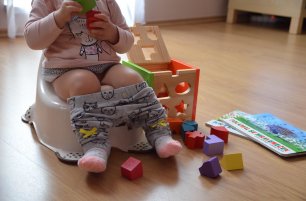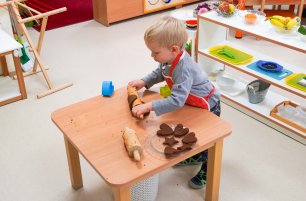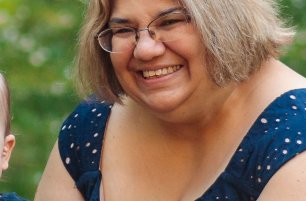Mones
Sorry, this article is only in Czech.

All you will need is 100g of soap, rubber molds, turmeric powder, lemon or orange essential oils, fresh lemon or orange, and a grater or zester.
Read more
How to handle toilet training? It’s often considered one of the first big parenting “tasks,” and can bring a lot of anxiety and frustration. But it doesn’t have to! In Montessori Infant and Toddler classrooms, we use a time-tested and practical approach to toilet training that is (dare I say it) easy on both parents and children.
Read more
It's beginning to look a lot like winter - with first frosts and early dark, but also bright twinkling lights and seasonal decorations wherever you look. Is it any wonder that we populate the long, cold nights of December with candle light, evergreens and the smells of a myriad festive treats? So many delicious flavours belong firmly at the close of the year - hot chocolate and sweet tea, spiced pies, delicate cookies and savoury roasts, all keeping us cozy and warm as well as full.
Read more
Find out more about our Head of School, Ms. Pherooz Karani. Her greatest joy is to pass on the legacy of Montessori education to new generations of children.
Read more
Lindsey is originally from Texas, where she completed her Bachelor’s Degree in Women’s Studies at Southwestern University. She discovered her passion for working with children while teaching English as a Second Language in Costa Rica. After that she started working as an assistant in a Montessori school in the US. Her dream was to move to Europe to continue teaching and after 3 years of hard work her dream came true. Since that time, Lindsey has completed her Montessori training and is now leading up the Toddler classrooms at IMSP as Senior Teacher.
Read more